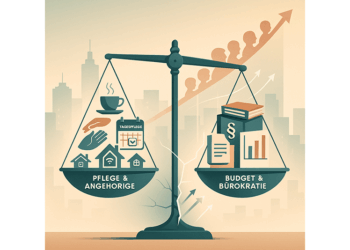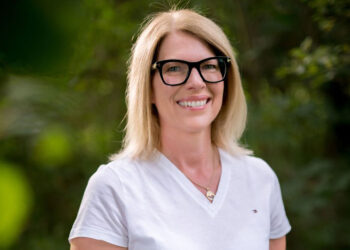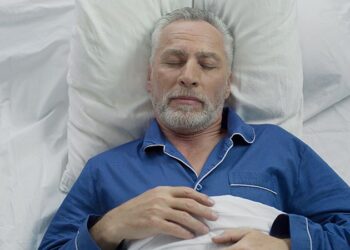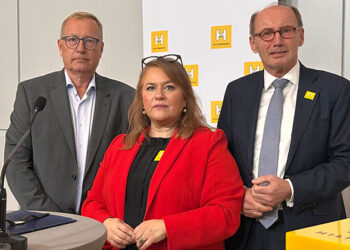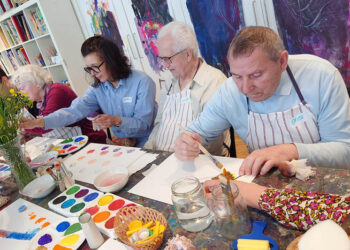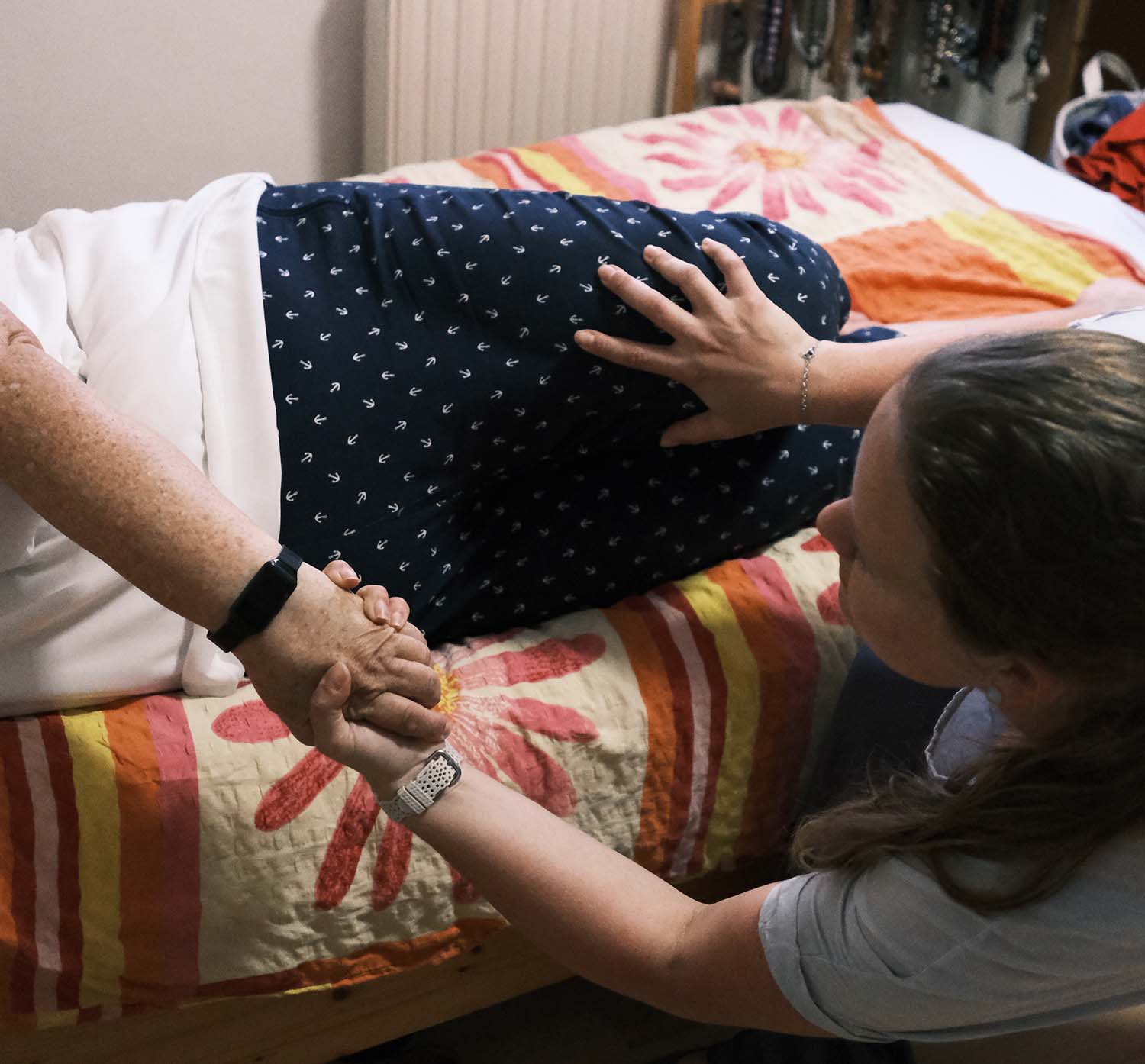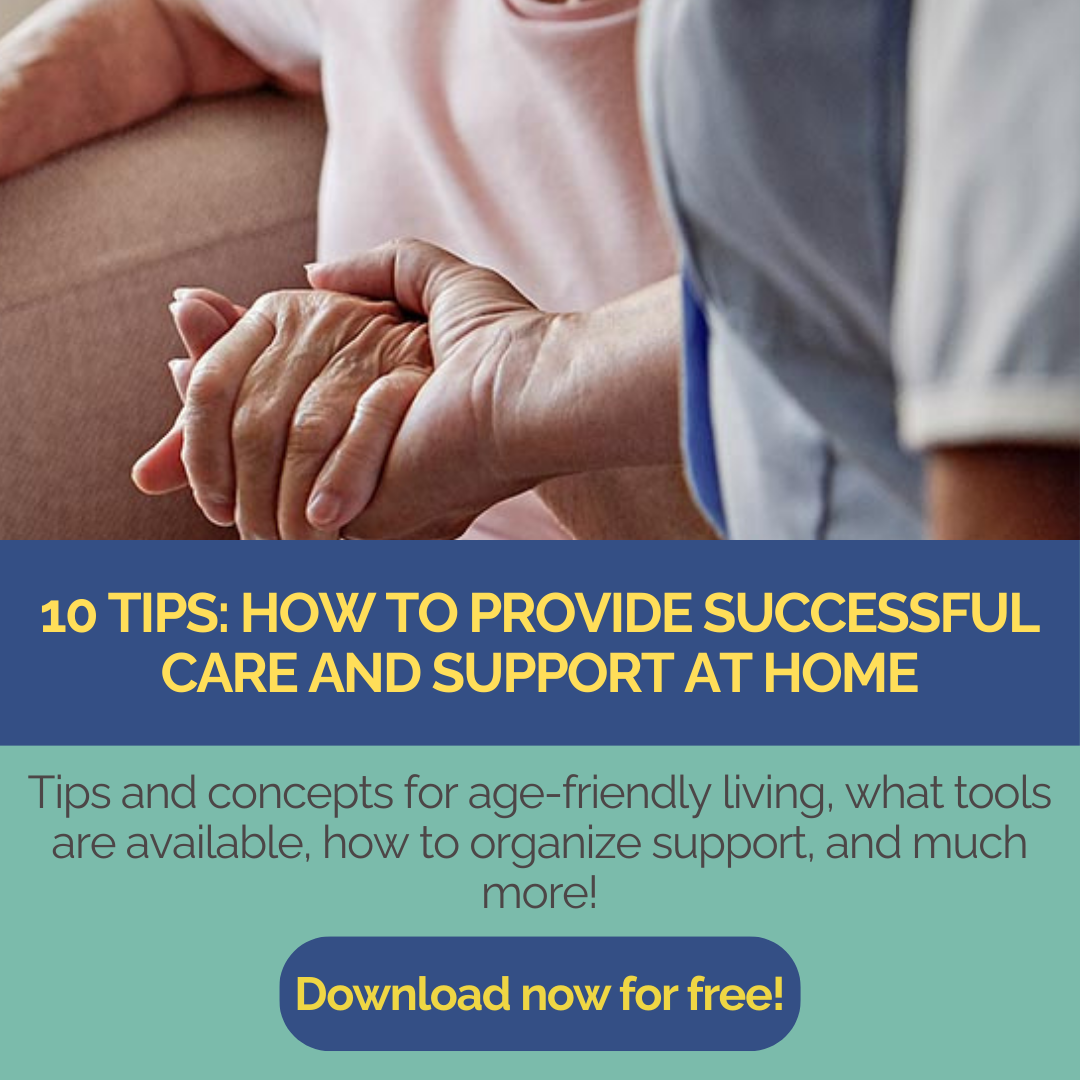Just recently, the global Deloitte Gen Z & Millenial Survey revealed that covering the cost of living is by far the biggest concern of Generation Z and millennials. A study by the Association of Austrian Insurance Companies has now confirmed the fears of women and younger people in particular: They fear for their standard of living in retirement. And I ask myself: What does the permanent existential fear do to us?
Comment from Anja Herberth
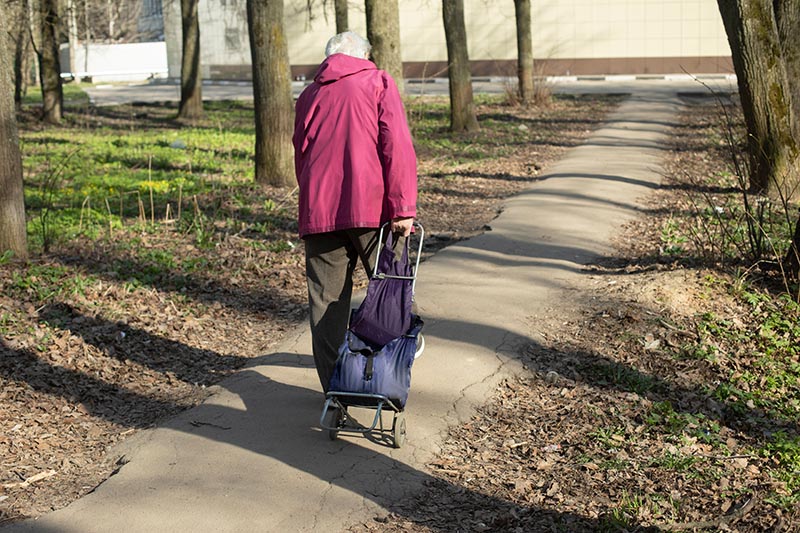
High inflation and price rises have not left us unscathed: the mood in the generations from 1983 to 2005 has been better. They are worried about covering the cost of living. According to the Deloitte study, about six out of 10 in these generations live paycheck to paycheck.
The cost of living remains by far the biggest concern compared to other challenges – which include climate change, unemployment, mental health and crime/personal safety. In my home country of Austria, the pressure is particularly high. Almost half of young people in Austria have difficulties financing everyday life – including housing.
According to a recent survey by the Association of Austrian Insurance Companies, 58% of Austrians are convinced that their state pension alone will not be enough to maintain their desired standard of living in old age. Among women, the figure is as high as around two thirds, while skepticism is also high among 30-39 year olds at 61%.
Generations Z and millennials:
Baby boomers: born in the mid-1950s to late 1960s
Gen Z: born between 1995 and 2005
Millennials: born between 1983 and 1994
What does that mean?
If you live from paycheck to paycheck, you won’t (be able to) save much. This makes large investments difficult – including construction and renovation. Deloitte assumes that topics such as sustainability will become less relevant due to this development. While 73% of Gen Z and 77% of millennials worldwide want to actively reduce their ecological footprint, the figures in Austria are only 58% and 62% respectively. They are less willing to pay more for sustainable products and services.
Thinking one step further: according to Austrian gender statistics, half of the 15-64 year-olds in employment in 2022 were only employed part-time. Almost 70% of 30-44 year olds cited caring responsibilities as the most important reason. And these care obligations will become more stringent: Caring for their parents will no longer take place in a nursing home, but at home. The additional costs for families are already rising, increasing the pressure. At the same time, it is mainly women – who are already ill-prepared for their own retirement due to the high level of part-time employment – who are affected by care.
The high additional costs that will be incurred as a result of care at home will also reduce inheritances. International studies assume that inheritances are increasing in our latitudes. The reason: the baby boomers were the first generation to build up a fortune without wars and with stable employment. This baby boomer generation will have fewer heirs – theoretically increasing the inheritance.
Here comes a big BUT from my side: we are living much longer today, and the cost of private care will also erode these inheritances again. There is a shortage of skilled workers and a lack of essential future investments in the healthcare system. Not to mention the necessary transformation and reallocation of budgets. The pressure on private households due to rising care costs is already increasing.
What can reduce the pressure in care: That we can live healthily and independently in our own homes for as long as possible. Countries like Denmark are already doing a good job here: early detection, prevention and strengthening personal responsibility are part of the healthcare system. Assistance solutions have been promoted and actively communicated for years in order to offer the population a dignified quality of life despite a shortage of skilled nursing staff.
The topic of health will apparently not be on the agenda of the new EU leadership: According to some media leaks, the focus is on improving the competitiveness of our European economy. It will be interesting to see what impact these developments will have: Young people in particular are uncertain about their own future. We are living in a time of transformation, which fundamentally fuels fears. People fear that they will no longer be able to maintain their standard of living. Not providing sufficient answers to this uncertainty leaves a gap that populist parties will exploit.
Further links:
Deloitte Gen Z and Millenials Study
Knight Frank Wealth Report
Author: Anja Herberth
Chefredakteurin


